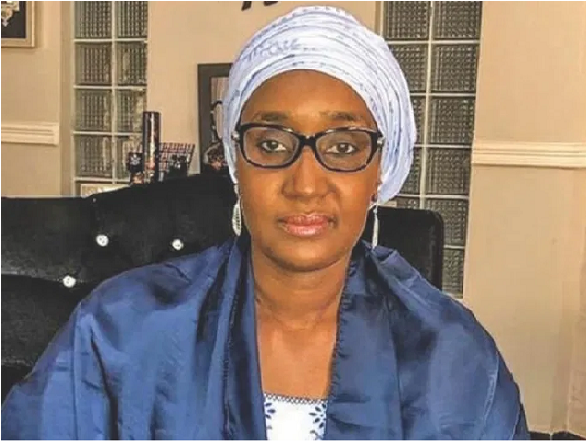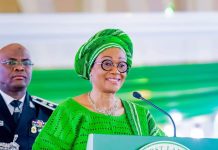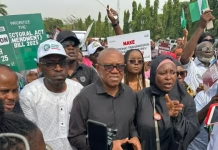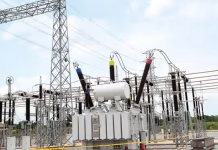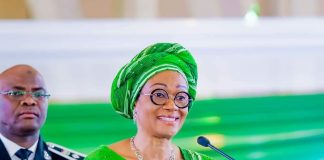The federal government has disclosed that it had registered 6.3 million households in Nigeria into its database of economically vulnerable Nigerians.
It said that it would register members of these households in the National Social Register.
The Nigeria Bureau of Statistics puts the number of Nigerians living below the poverty line at 82.9 million.
At the inter-ministerial discussion on the social register, the Minister of Humanitarian Affairs, Disaster Management and Social Development, Sadiya Farouq, said that the government looks to add an extra 20 million to the database.
Farouq noted that 26.8 million poor and vulnerable Nigerians had been “identified and registered”.
She noted that the effort was targeted at informal workers in urban areas to mitigate the negative impact of the pandemic.
The minister added that the register covers the 36 states of the country including the Federal Capital Territory (FCT).
READ ALSO: MTN commits to net zero emissions by 2040
“As of January 31, 2021, out of the estimated 82.9 million (40.2 per cent) Nigerians living below the poverty line, we have identified and registered 26.8 million poor and vulnerable individuals, equivalent to about 6.3 million households in our country.
“We are expecting another 20 million to be added to the database and held in the Rapid Response Register – a shock responsive intervention register, specifically targeted at urban informal workers impacted by the current COVID-19 pandemic.
“This database capacity is unprecedented in the history of our country. Today, the social register has coverage across the 36 states of the Federation and the Federal Capital Territory.
“We have covered 7,320 wards, and 72,363 communities. This structure automatically provides the biggest database for any social inclusion or social protection intervention.”
SERAP’s Demands of Transparency
Rights watchdog Socio-Economic Rights and Accountability Project (SERAP) requested that the humanitarian affairs minister be transparent with the fund that will be disbursed to the vulnerable citizens.
The minister had said that 24.3 million poor Nigerians would receive N5,000 for a period of six months.
READ ALSO: Nigeria’s Inflation At 17-Month High, Hits 16.47%
SERAP, through its Deputy Director, Kolawole Oluwadare, said, “Publishing the details of beneficiaries and selection criteria, as well as the payment plan for six months, would promote transparency and accountability, and remove the risks of mismanagement and diversion of public funds.
“Transparency and accountability in the programme would improve public trust, and allow Nigerians to track and monitor its implementation, and to assess if the programme is justified, as well as to hold authorities to account in cases of diversion, mismanagement and corruption.
“If we have not heard from you by then, SERAP shall take all appropriate legal actions under the Freedom of Information Act to compel you to comply with our request.”








